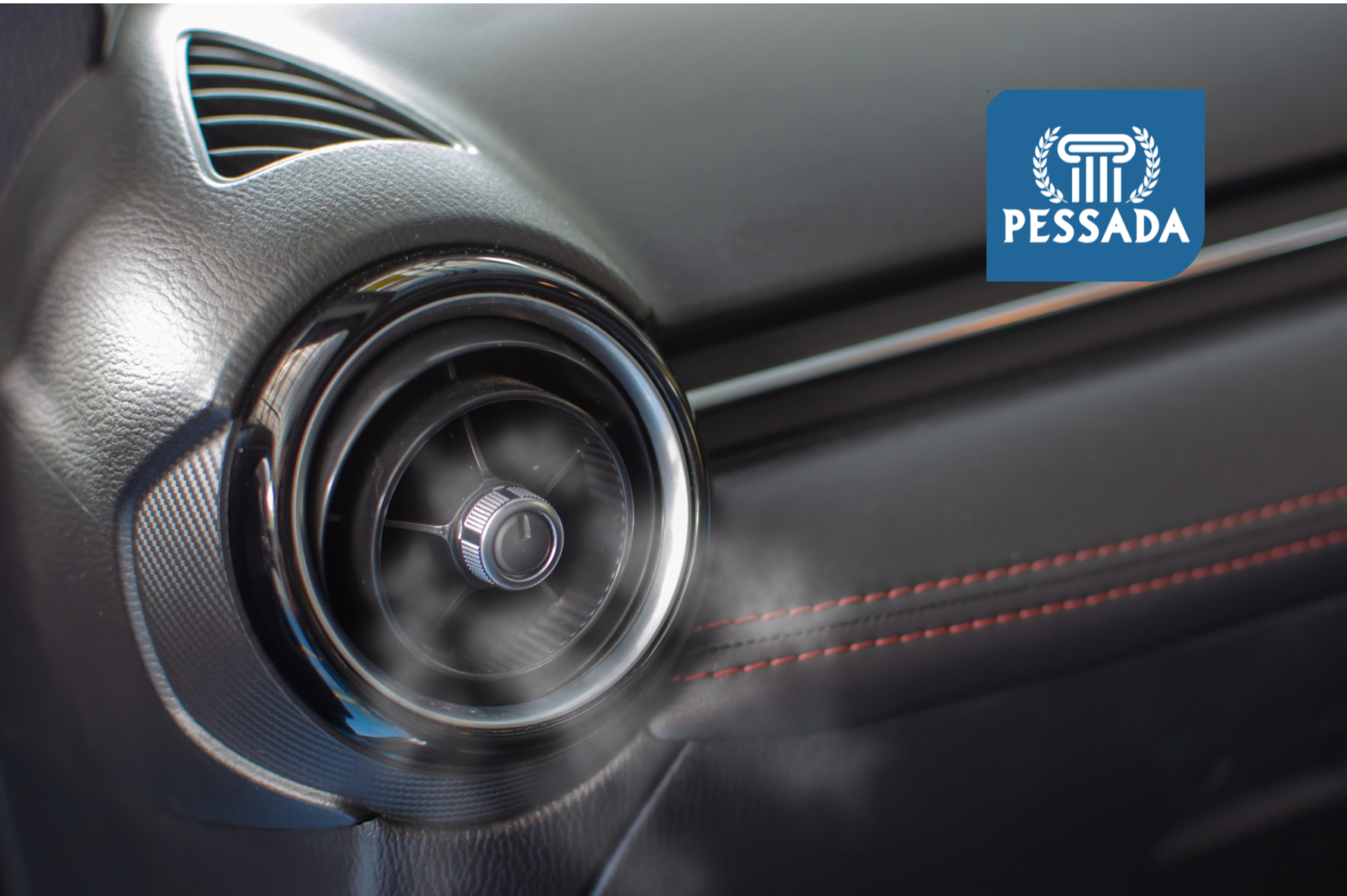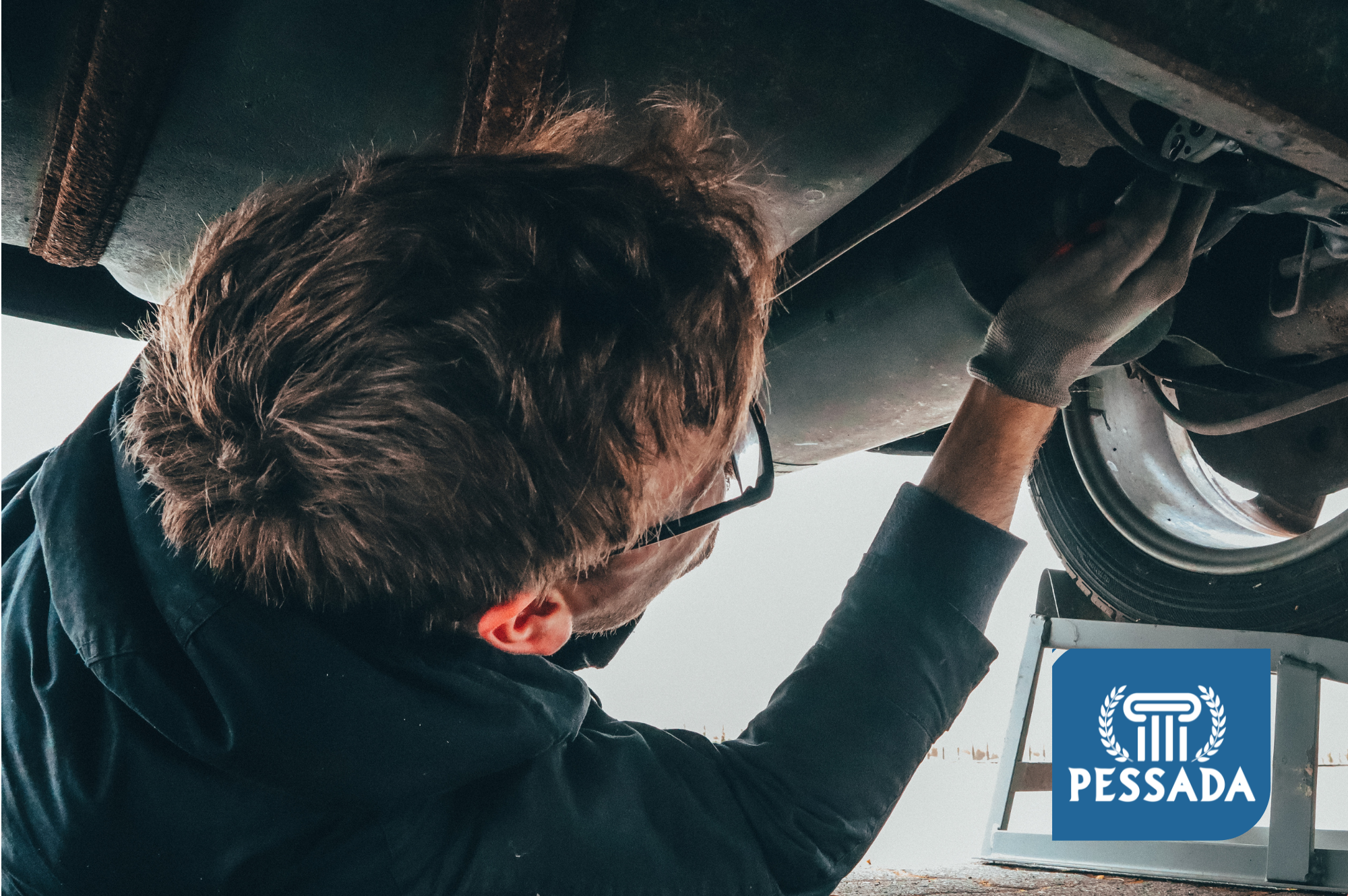Why Your Car’s A/C Fails in Summer – Top Fixes to Stay Cool and Avoid Costly Repairs

Beating the Summer Heat Without Breaking the Bank
When temperatures soar, your car’s air conditioning (A/C) becomes more than a comfort feature, it’s a lifeline. But if you’ve ever experienced car A/C not cooling in hot weather, you know how quickly a pleasant drive can turn into a sweaty ordeal.
Summer heat puts extraordinary stress on automotive HVAC systems, leading to a surge in car air conditioning problems in summer. From low refrigerant to compressor failure, understanding why your car A/C fails in summer, and how to fix it, can save you from discomfort and costly repairs.
In this guide, we’ll cover:
-
The main reasons car A/C systems fail in hot weather
-
Top fixes you can do now to stay cool
-
Maintenance tips to prevent future breakdowns
-
An expert FAQ section to help you spot and solve issues quickly
For more tips on keeping your vehicle in top shape, visit our Pessada Education Center.
Why Your Car A/C Fails in Summer
Summer creates the perfect storm for vehicle climate control issues. Here are the most common reasons your car’s A/C blows warm air or stops working.
1. Low Refrigerant Levels
Refrigerant (often called Freon) is the lifeblood of your A/C system. Over time, refrigerant leaks can occur due to worn seals, damaged hoses, or corrosion. In high heat, AC refrigerant pressure low means your compressor can’t cool air efficiently, resulting in A/C blowing warm air in your car.
Source: According to the Environmental Protection Agency (EPA), refrigerant loss is one of the most common causes of automotive A/C performance issues.
2. Failing A/C Compressor
Your compressor circulates refrigerant through the system. In summer, it works harder and for longer periods, increasing the risk of failure. Car A/C compressor failure signs include loud noises, leaking refrigerant, or the A/C compressor clutch failing to engage.
Tip: Regular car air conditioning maintenance can extend compressor life and prevent mid-summer breakdowns.
3. Clogged or Dirty Condenser
The condenser releases heat from refrigerant. Road debris, insects, and dirt can block airflow, causing refrigerant to overheat. A clogged condenser is a common reason for A/C blowing hot air when idle.
4. Electrical System Problems
Damaged wires, blown fuses, or faulty sensors can stop your automotive HVAC system from working, even if the mechanical parts are fine.
5. Neglected Cabin Air Filter
A dirty cabin air filter restricts airflow and forces your A/C to work harder. Experts recommend cabin air filter replacement every 12,000–15,000 miles.
Top Fixes to Stay Cool in the Summer
When your A/C struggles, here are proven ways to get back to cold air fast.
1. Recharge Your A/C
A Freon recharge can restore cooling efficiency if low refrigerant is the problem. Most shops charge $150–$300, depending on refrigerant type.
2. Replace the Cabin Air Filter
An inexpensive fix that can make a big difference in cooling performance. Filters usually cost $20–$50.
3. Clean or Unclog the Condenser
A professional cleaning removes debris that’s blocking airflow and overheating refrigerant.
4. Repair or Replace the Compressor
If the compressor fails, replacement costs can range from $800–$1,200+ but catching the issue early may mean only replacing the A/C compressor clutch.
5. Service the Evaporator Coil
The evaporator coil in a car A/C absorbs heat from your cabin. Cleaning or replacing it can resolve weak cooling and bad odors.
Summer Car Maintenance Tips to Prevent A/C Failure
Preventive care is the best way to avoid costly repairs. Follow these steps before summer hits:
-
Get a full A/C inspection every spring
-
Check refrigerant pressure regularly
-
Replace belts and hoses showing wear
-
Run your A/C in winter to keep seals lubricated
-
Park in shaded areas to reduce cabin heat load
The Cost of Ignoring A/C Problems
Driving through summer without a functioning A/C isn’t just uncomfortable, it can affect safety. Heat exposure increases driver fatigue, slows reaction times, and can lead to heat-related illness.
Pro Tip: Fixing a small refrigerant leak early might cost $150 but ignoring it until the compressor fails can exceed $1,000 in repairs.


